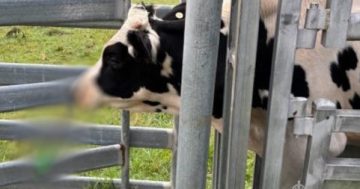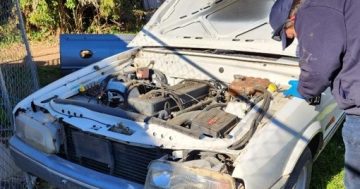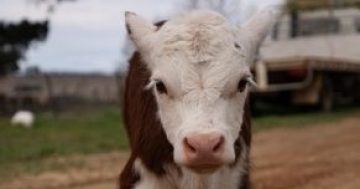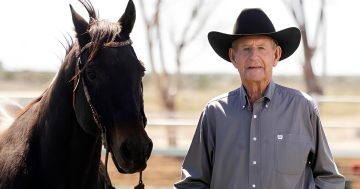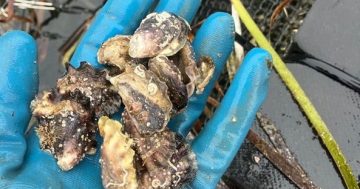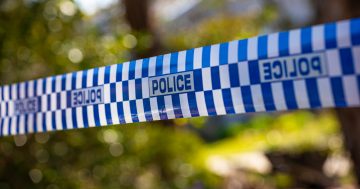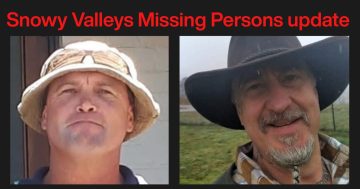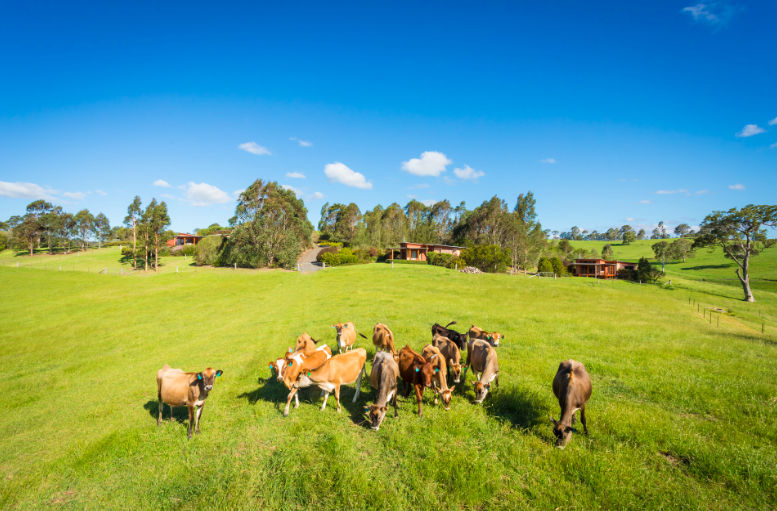
A new NSW Police operation aims to help farmers keep their stock safe from thieves. Photo: File.
In the past five years, more than $22.5 million worth of sheep and cattle has been reported stolen from regional NSW.
Taking into consideration the value of stud stock, loss of animal byproducts and loss of future breeding potential, the financial impact on the state’s primary producers could realistically be more than $60 million.
These staggering statistics are behind NSW Police’s new statewide campaign that is drawing the line on regional crime.
The campaign aims to address awareness of regional crimes and prevention measures, and to increase reporting to Crime Stoppers and police.
It will provide information on how regional communities can deter or prevent crime in their area while encouraging everyone to report crime to Crime Stoppers via its 24-hour hotline or website.
NSW Police and Emergency Services Minister David Elliott said no piece of information is too trivial.
“It’s disheartening to hear more than 80 per cent of our farmers have reported being victims of criminal activity,” he said. “Our farmers have had a shocking few years with drought, bushfires, COVID-19 and floods. Adding victim-of-crime to the mix is reprehensible.
“We’re calling on the NSW community to report any information on any crime, anytime. If you know something, say something.
“We’ve seen firsthand the resilience of our farmers, but I draw the line on regional crime.”
NSW Crime Stoppers CEO Peter Price said people offering information could remain completely anonymous.
“We don’t want to know who you are, we just want to know what you know,” he said.
“Crime Stoppers is calling for a whole-of-community approach to draw the line on crime and adopt better prevention strategies and be on the lookout for any suspicious behaviour. The result will be a better, more prosperous future and healthier communities that thrive.”
Crime Stoppers is working with NSW Police’s Rural Crime Prevention Team and the Police Transport and Public Safety Command across a range of major crime areas including stock theft, marine theft and poaching.
The theft and poaching of oysters and rock lobsters, and the illegal harvest and trade of abalone, is having a detrimental effect on the seafood industry, threatening the future of legitimate seafood businesses and retailers.
It also affects marine resources, tourism and broader business, and can lead to a higher risk of contamination if not processed in accordance with safe food handling practices.
NSW Police Transport and Public Safety Commander Assistant Commissioner Peter Cotter said crime in the marine space is leading to an even greater risk to the wider community.
“In many cases, the fabric and economic stability of a country community is associated with its local marine environment,” he said.
“Those breaking the law and fishing without legitimacy or licences are committing criminal acts. It is up to all of us – the community and the police – to work together, report and disrupt this crime, and ensure the future of the waterways and the prosperity and culture of the community.”
The newly launched community awareness campaign will run statewide for a 12-month period. Crime Stoppers will be visiting regional communities to engage with locals in an effort to help reduce crime and increase reporting.
The Crime Stoppers contact centre operates 24/7, 365 days a year, and all information captured is in complete confidence. Call 1800 333 000.







